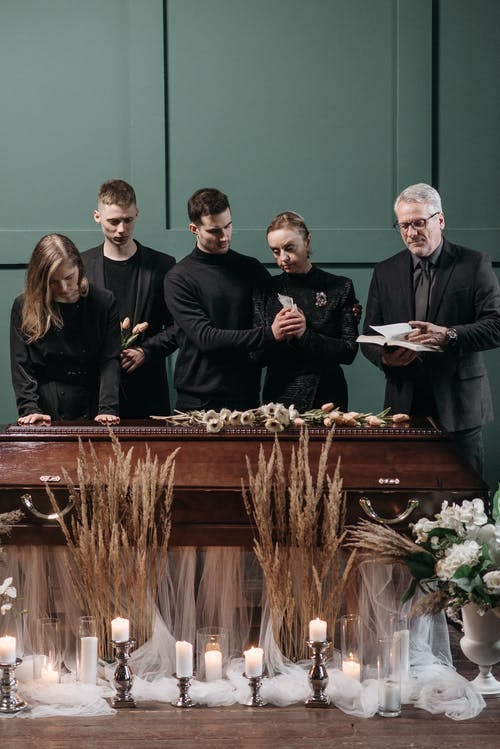Funeral directors are vital in assisting people and families through the difficult process of saying goodbye to a loved one. In times of grief and loss, they offer direction, support, and helpful advice as caring professionals. This article will examine the function of funeral directors and the priceless services they provide to ensure dignified and significant funerals. People can make wise judgments and find comfort through trying times by being aware of the duties and competence of funeral directors.
Funeral directors brisbane are trained professionals who offer compassionate guidance and support to grieving families. They understand the emotional challenges that come with planning a funeral and work closely with families to ensure their wishes and the wishes of the deceased are honoured. Funeral directors provide a comforting presence, offering a safe space for families to express their emotions, ask questions, and receive personalized attention. Their empathetic approach helps alleviate some of the burdens associated with funeral arrangements, allowing families to focus on grieving and remembering their loved ones.

One of the primary responsibilities of a funeral director is to coordinate and arrange all aspects of the funeral service. This includes handling paperwork, such as obtaining the necessary permits and certificates and coordinating with other professionals, such as the cemetery or crematorium staff. Funeral directors work closely with the family to determine the type of service, location, and any specific requests or traditions that need to be considered. They assist with selecting caskets or urns, arranging transportation, and organizing the logistics of the funeral, ensuring that all elements come together seamlessly.
Funeral directors possess in-depth knowledge of funeral customs, traditions, and legal requirements. They stay up to date with local, state, and federal regulations surrounding funerals, cremations, burials, and the handling of human remains. This expertise ensures that all necessary legal documentation is completed accurately and on time. Funeral directors also guide families through the process of selecting appropriate funeral rituals, and religious or cultural practices, and can offer suggestions for personalizing the service to reflect the life and values of the deceased.

Funeral directors also assist individuals who wish to preplan their own funeral or make prearrangements for a loved one. They understand the importance of preplanning in relieving the emotional and financial burdens that often arise after a death. Funeral directors can help individuals make decisions regarding their final wishes, such as burial or cremation, type of service, and any specific preferences they may have. By discussing and documenting these details in advance, funeral directors ensure that families have a clear roadmap to follow when the time comes, easing the decision-making process during a difficult period.
Funeral directors offer continuing support and resources for grief counselling and aftercare in addition to making immediate funeral arrangements. They assist in linking families with grief support groups, counselling programs, or other suitable resources since they are aware that the grieving process lasts long after the funeral service has ended. Funeral directors may also offer families educational resources or point them in the direction of respected groups that focus on helping people who have lost loved ones. Their dedication to supporting families goes beyond the burial; they hope to promote healing and offer a caring presence throughout the grieving process.





